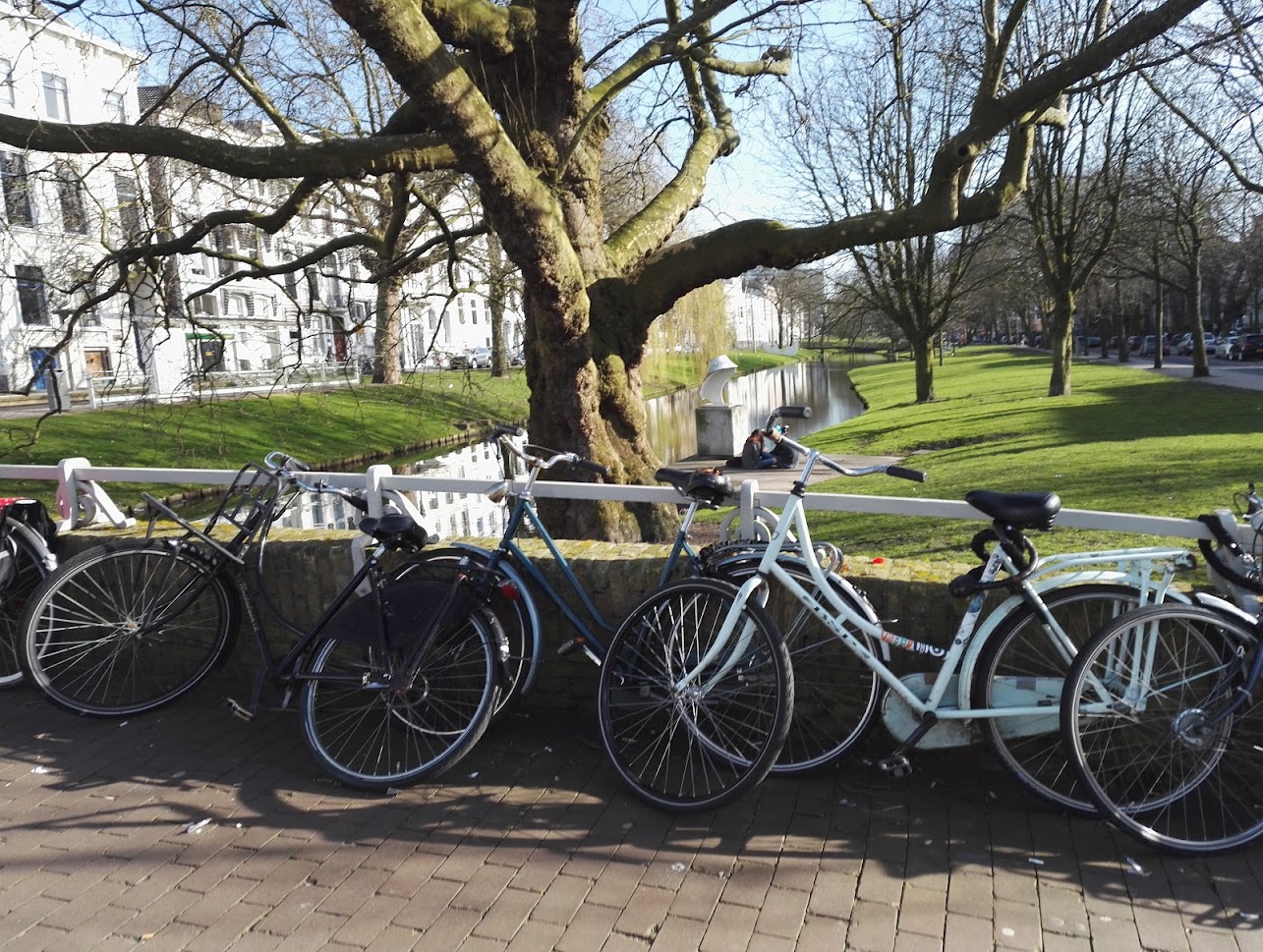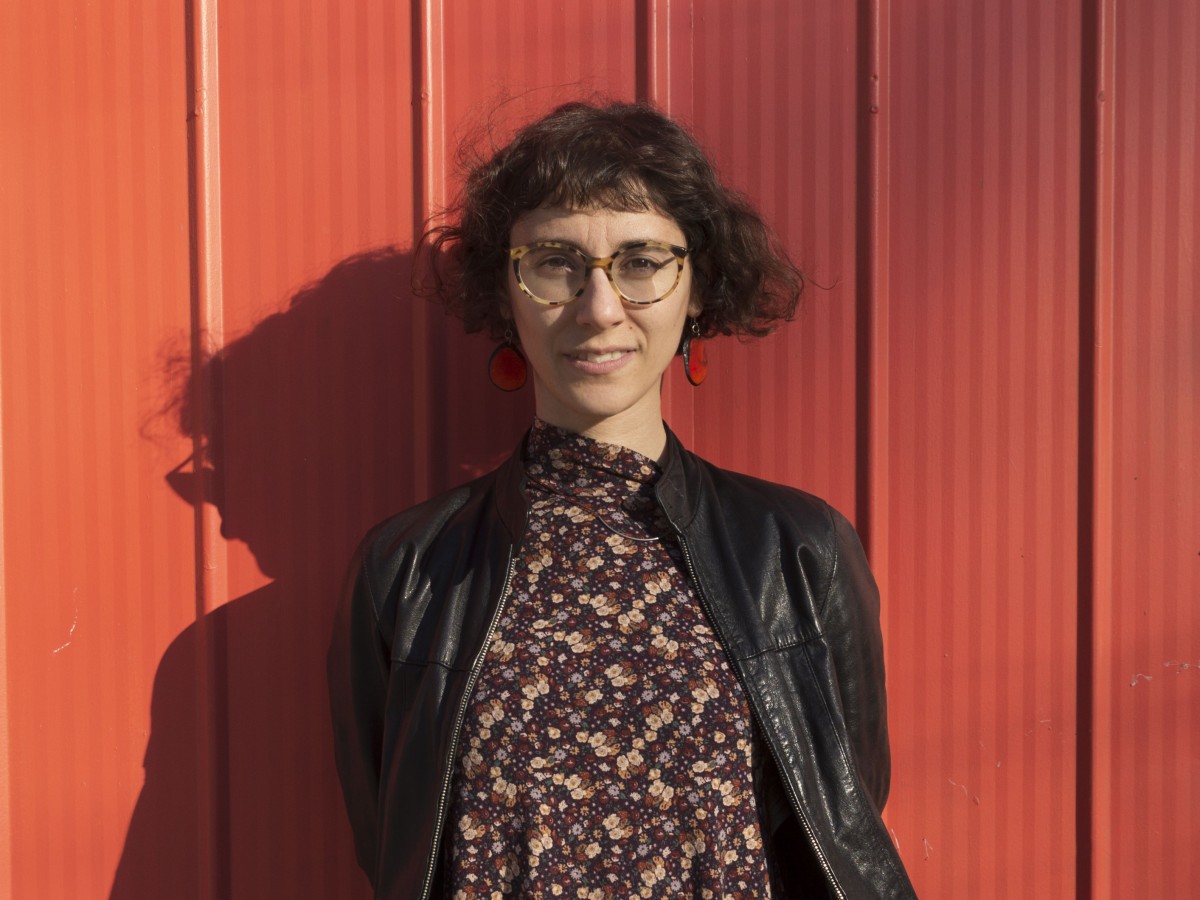Behavioural and Acceptance Assessment of Implementing an e-Bike City
The E-Bike city is an interdisciplinary project across different research groups in D-BAUG. The E-Bike city project proposes to use a radical departure to enable the policy and transport industry to begin thinking from a different starting point. The design idea is to reallocate 50% of the existing urban road space to e-bikes and to assess what the change could achieve in terms of accessibility, generalised costs of travel, changes in daily life and reductions in emissions and CO2.
Introduction
Transport policy is currently not finding a way out of its dilemma; the imminent need to decarbonize a sector fast which has barely moved in the recent past and the social requirement to maintain and increase accessibility across all modes, but not encourage sprawl while still allowing further decreases in the generalised cost of travel by new technologies and business models.
The SPUR subproject aims to understand the adoption of e-bikes given the bike infrastructure provided. We will specifically study how such an e-bike-city might win the public support needed for its implementation and how opinion might be affected by perceived challenges of (shared) micromobility for both environment and society. The research relies on longitudinal survey data, including several survey experiments. We aim to run a panel study among urban citizens and capture their mobility behavior and attitudes regarding an E-Bike-city and how these change under different scenarios. The baseline will ask behavioral questions to find out what infrastructure supply development and policy measures would have to be implemented to make people switch to (e-)bikes. The findings of the other subprojects will inform further survey waves.

The Project
This subproject aims to examine public attitudes towards the policy implementation of an e-Bike-City from the perspective of residents. Our research addresses how an e-Bike-City can gain public acceptance and how various factors such as information provision, policy design, ancillary policy measures, and road space reallocation influence public opinion. Key questions we explore include the public's assessment of the e-Bike City concept, the perceived environmental and societal impacts, and the effectiveness of different policy design strategies on public perception.
Utilizing the Swiss Mobility Panel (SMP), the study involves three survey waves beginning in November 2023, followed by additional waves in spring and fall 2024. These surveys will feature vignette and forced choice experiments to assess public acceptance of e-Bike-City policy proposals, with a design that incorporates the latest findings from other work packages.
The first survey wave will introduce participants to the e-Bike-City proposal through a detailed description and video, establishing a baseline for measuring initial public reactions. This wave aims to capture a spectrum of attitudes and mobility behaviors and compare responses between urban and rural residents. An integrated vignette experiment in the first wave will present two distinct e-Bike-City policy proposals for evaluation. Participants will assess each proposal's support level, fairness, effectiveness, and intrusiveness, ultimately expressing their preference in a hypothetical popular vote. In addition, a discrete choice experiment engages participants with two policy proposals designed to reduce car traffic in Swiss cities. Each proposal is assessed using four criteria: support, fairness, effectiveness, and intrusiveness. The discrete choice experiment allows respondents to express their preference for one proposal over the other and their willingness to support each policy through a hypothetical vote. This setup is aimed at capturing nuanced public opinions on the reallocation of road space for active mobility and the implementation of supportive measures such as subsidies for e-bike purchases and public transport ticket price reductions.
Further waves will provide enriched contextual details about the e-Bike-City proposal, such as specific information on e-Bike infrastructure, environmental impacts, equity impacts, and cost implications. The core of wave 2 will be a Street Design Experiment. This experiment aims to delve into preferences of residents for the built environment of an e-Bike-City. By conducting a stated choice experiment, the study will systematically vary attributes of street-scale infrastructure, as well as social and environmental aspects to analyze the impact of these features on the assessment of an e-Bike-City.
To comprehensively assess public opinion, the subproject will employ a variety of survey designs across different panel survey waves, ranging from standard questionnaires to survey experiments like list and conjoint experiments. The SMP also includes data on political attitudes, mobility behavior, and socio-demographic characteristics. Overall, this subproject aims to provide an in-depth understanding of public attitudes towards the e-Bike-City initiative, offering valuable insights into how policy implementation can be shaped to garner widespread support and successful integration into urban life.
Publications and Links
Homepage – D-BAUG Lighthouse Projekt: E-Bike-City | ETH Zürich
Stapper, Lea; Wicki, Michael and Lichtin, Florian Maurus (2023). Public preferences for traffic reduction policies in Swiss cities. ETHZ Research Collection. https://www.research-collection.ethz.ch/handle/20.500.11850/641192
Wicki, Michael (2023). Assessing acceptance on the policy implementation of an E-Bike City. external page https://doi.org/10.17605/OSF.IO/35QCP
Partners
Prof. Dr. Bryan Adey (ISM, IBI, ETHZ)
Prof. Dr. Kay Axhausen (VPL, IVT, ETHZ)
Prof. Dr. Francesco Corman (TS, IVT, ETHZ)
Prof. Dr. Stefanie Hellweg (ESD, IfU, ETHZ)
Dr. Anastasios Kouvelas (SVT, IVT, ETHZ)
Prof. Dr. Martin Raubal (GIE, IKG, ETHZ)
Prof. Dr. Thomas Bernauer (D-GESS, ISTP, ETHZ)
Team Members
Co-Principal Investigator
Deputy head of Inst Spatial and Landscape Development
Raumentwicklung und Stadtpolitik
Stefano-Franscini-Platz 5
8093
Zürich
Switzerland

Researcher
Raumentwicklung und Stadtpolitik
Stefano-Franscini-Platz 5
8093
Zürich
Switzerland
Researcher
Inst. f. Raum- u. Landschaftsentw.
Stefano-Franscini-Platz 5
8093
Zürich
Switzerland
Researcher
Inst. f. Raum- u. Landschaftsentw.
Stefano-Franscini-Platz 5
8093
Zürich
Switzerland
